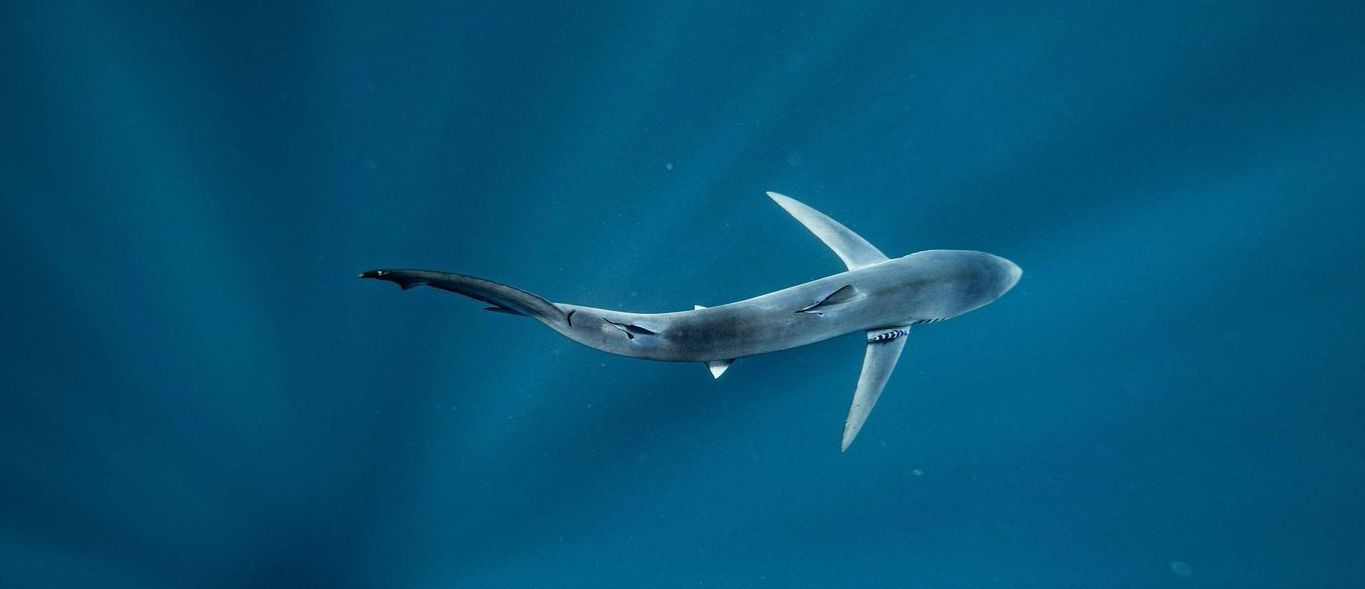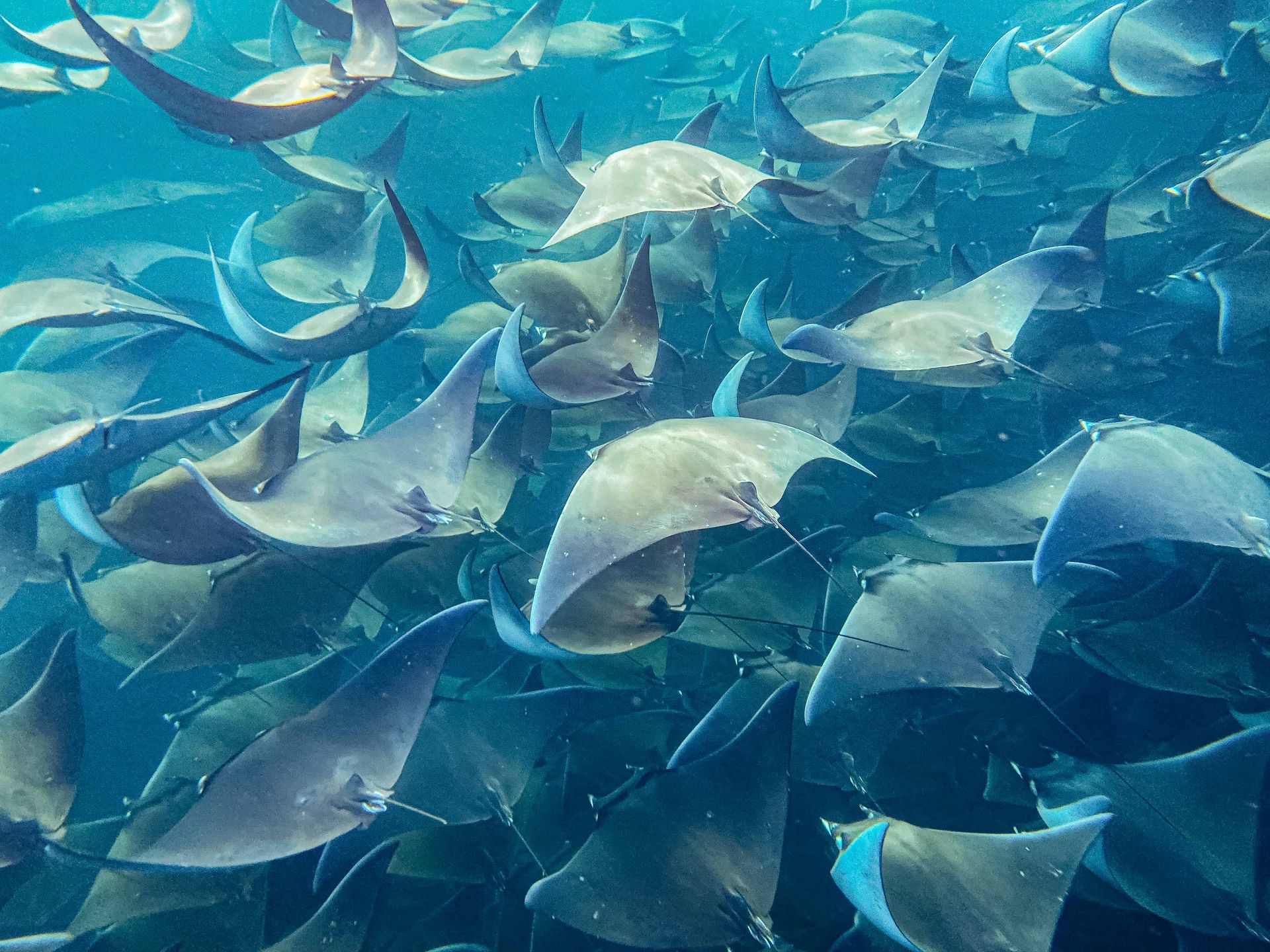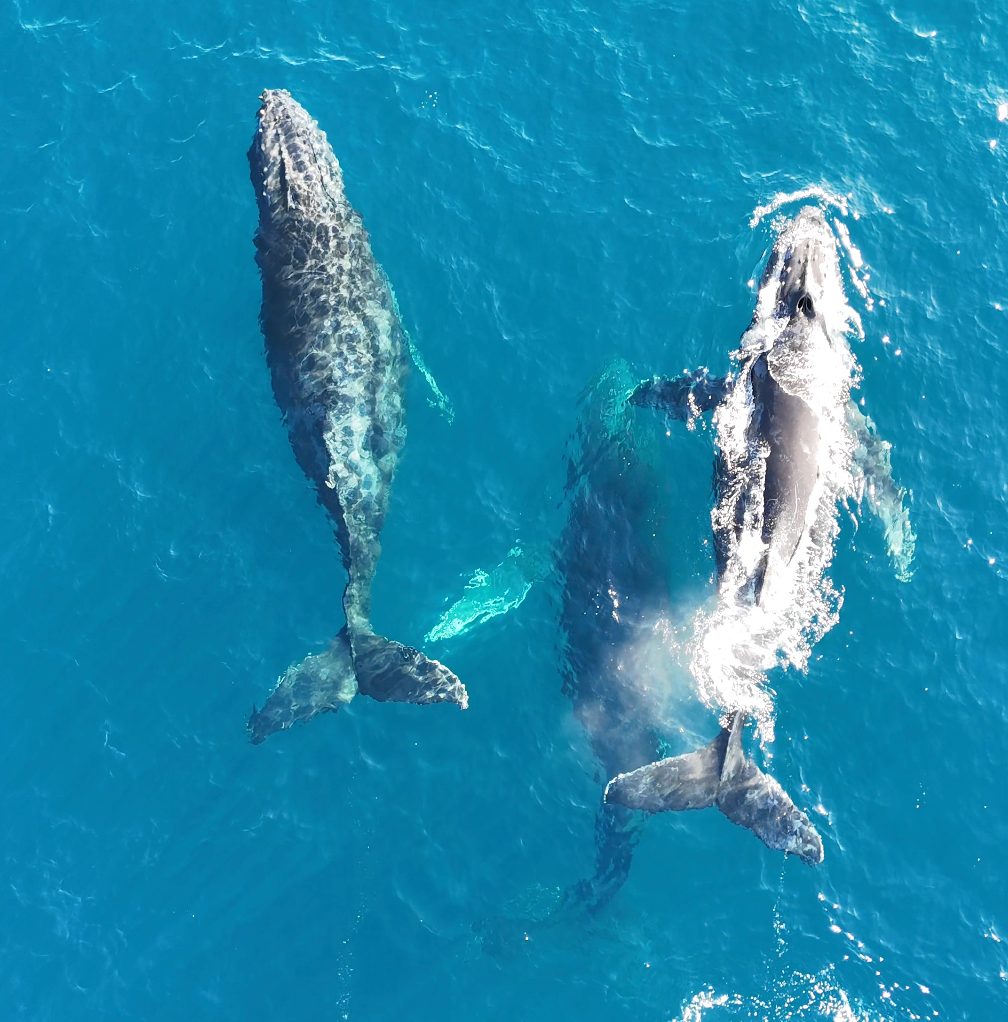The Importance of Sharks: Guardians of Ocean

Sharks, often misunderstood and feared, are essential to maintaining the balance of marine ecosystems. Far from being threats to humans, sharks play a critical role in ocean health and the stability of marine life. As apex predators, their presence ensures biodiversity and ecosystem balance, with significant implications for the planet.
Sharks as Apex Predators
Sharks are at the top of the marine food chain and regulate the populations of other species. By preying on the sick or overabundant animals, sharks help maintain a healthy ecosystem. This balance is crucial in preventing overpopulation of mid-level predators, which could lead to the decline of species that play essential roles in the ocean environment.
For instance, sharks indirectly protect species like sea turtles by keeping predator populations in check. In turn, turtles help maintain the health of seagrass beds and coral reefs, ensuring the survival of various marine species. Without sharks, these ecosystems could suffer from imbalances, leading to habitat loss and reduced biodiversity.
Maintaining Ecosystem Balance
Sharks contribute to the overall balance and health of ecosystems. In areas where shark populations have been depleted, prey species often grow unchecked, causing overconsumption of vital resources like seagrass and coral. This can degrade ecosystems and threaten marine biodiversity.
In coral reefs, sharks help maintain balance by controlling fish populations, allowing smaller species to thrive. The loss of sharks can disrupt this equilibrium, leading to the decline of coral reefs and the diverse marine life that depends on them.
Sharks and the Economy
Sharks are also valuable to coastal economies. Shark tourism, particularly shark diving, is a major draw in many parts of the world, generating significant revenue. Destinations like the Bahamas and Australia benefit from eco-tourism centered around sharks, demonstrating that protecting them can be economically beneficial.
In contrast, overfishing and shark finning threaten shark populations. This practice, which involves removing fins and discarding the rest of the shark, has led to a dramatic decline in many species. Banning finning and promoting sustainable practices are crucial for protecting sharks and maintaining their economic and ecological value.
Sharks and Climate Change
Sharks also play a role in combating climate change by helping to protect ecosystems like seagrass beds and mangroves, which are crucial for carbon storage. By keeping populations of herbivores in check, sharks allow these ecosystems to flourish and capture carbon, contributing to climate regulation.
Threats Facing Sharks
Sharks are increasingly at risk due to human activities like overfishing, habitat destruction, and pollution. The demand for shark fins continues to fuel illegal practices, pushing many species toward endangerment. Conservation efforts, including public awareness, stricter regulations, and responsible tourism, are key to ensuring the survival of shark populations.
Why Protecting Sharks Matters
Protecting sharks goes beyond saving one species—it helps preserve entire marine ecosystems. The absence of sharks would lead to significant disruptions in ocean health, with wide-reaching consequences for marine life and human communities that rely on the ocean for sustenance and livelihoods.
Join Us!
We offer Shark Snorkeling Tours, interact with these amazing animals in their natural habitat. A thrilling and awesome experience!



